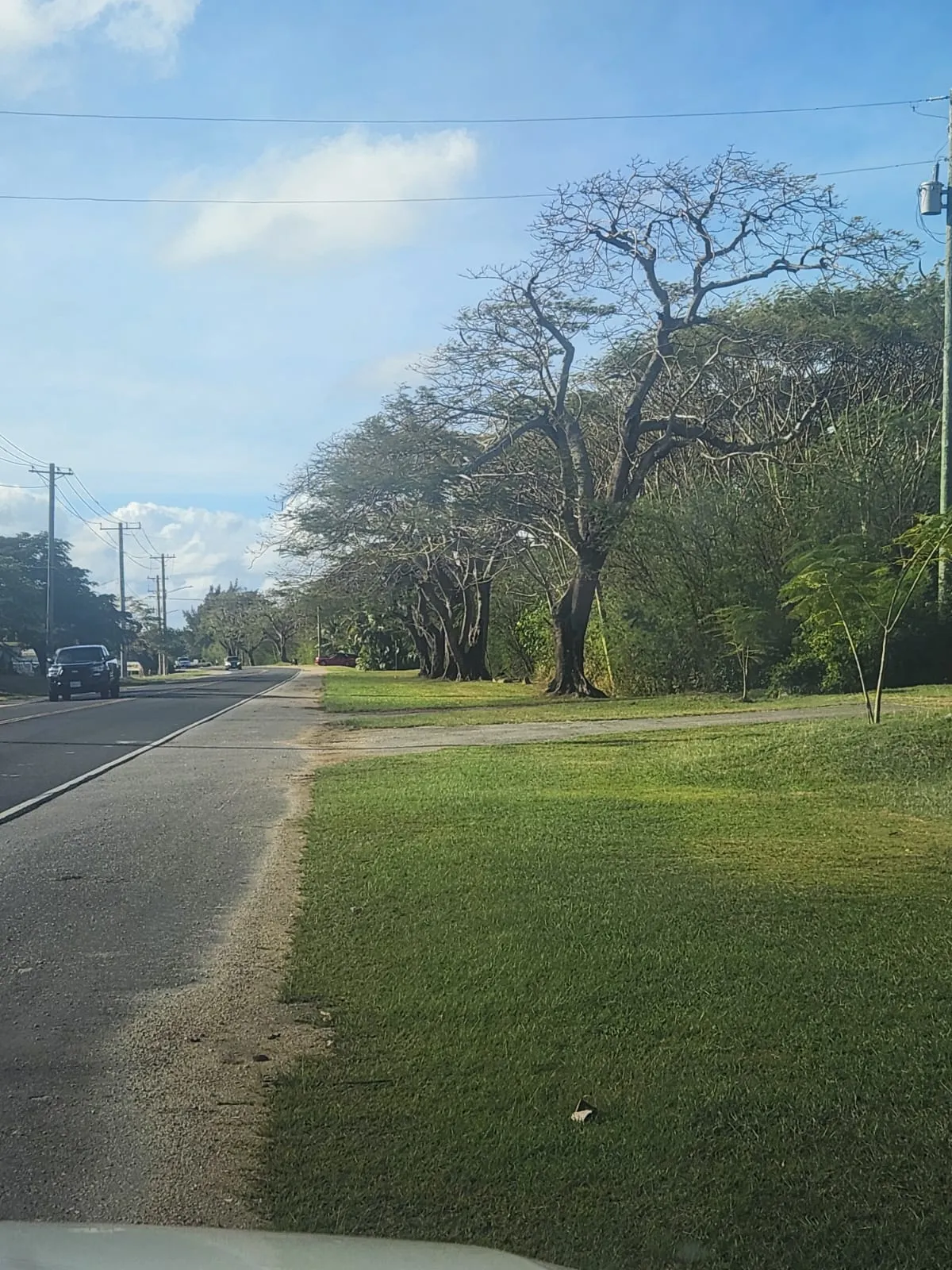
SUPERIOR Court Judge Joseph N. Camacho has filed a declaration to clarify the evidentiary record from a preliminary hearing held on Nov. 23, 2022, involving Willie Carnell Frink.
Frink, 42, a steward supervisor of a maritime prepositioning ship, was arrested in November 2022 after being accused of sexually assaulting a female crewmember.
After hearing testimony from an investigating officer during the preliminary hearing, the Superior Court concluded there was insufficient evidence to detain Frink for trial and dismissed the case. The prosecution then filed a petition in the CNMI Supreme Court requesting an order to reinstate the charges.
In 2023, the CNMI Supreme Court vacated the Superior Court’s dismissal and reinstated the charges against Frink, allowing the prosecution to proceed.
Following the high court’s decision, the case was remanded to the trial court. Judge Camacho then found probable cause but directed that the defendant be personally served, despite Frink being off-island.
Presiding Judge Roberto C. Naraja later vacated the bench warrant due to the failure to satisfy the personal service requirement.
In his declaration filed on July 10, 2025, Judge Camacho said that on July 9, 2025 he became aware of the CNMI Supreme Court’s order in Frink’s case — dated May 23, 2025 — which invited responses from trial judges before June 20, 2025.
According to the judge, prior to July 9, 2025, neither he nor any other judge of the Superior Court received notice or service of the appellate court’s order.
He noted that Superior Court judges do not have direct access to filings or orders in Frink’s Supreme Court case.
Judge Camacho stated:
“While I recognize this declaration may be deemed untimely, I submit it not to advocate for any party or intervene in the proceedings, but solely to offer limited clarification concerning the evidentiary record developed at the Superior Court level and to support the integrity of the judicial process.”
On Nov. 23, 2022, Judge Camacho presided over the preliminary hearing in Frink’s case and found no probable cause as to Counts I through IV of the information, dismissing those counts “without prejudice.”
The hearing included testimony from Detective Shannon Dela Cruz and Jeremiah Wolfe, along with video surveillance footage admitted into evidence for the purpose of the preliminary hearing.
Judge Camacho said:
“The footage showed the defendant and the complaining witness entering a hotel together, talking as they walked up the stairs to the third floor, remaining there for several hours, then walking through the lobby area, talking to others, and eventually departing together.
“To the best of my recollection, the footage did not show the complaining witness to be visibly intoxicated, distressed, or subject to coercion.
“My recollection was that the complaining witness said she had a boyfriend, and the defendant had a girlfriend. Both individuals appeared to be conversing and interacting in a manner that did not raise immediate concerns.”
Based on the evidence and testimony admitted during the preliminary hearing, Judge Camacho said, “I concluded that the government had not established probable cause to support the charges.”
He also clarified that he did not base his decision on the affidavit of probable cause in support of an arrest warrant, as no party moved to admit it during the hearing.
In reviewing the CNMI Supreme Court’s decision, Judge Camacho said the ruling appears to rest on factual representations contained in the unadmitted affidavit.
“Specifically, I do not recall hearing any sworn testimony or receiving any evidence that described the alleged conduct within the hotel room in the manner recited by the Supreme Court. To the extent the Supreme Court relied on information outside the evidentiary record, I respectfully note that such materials were not presented to me and did not inform the basis for my findings,” he said.
The Office of the Attorney General filed charges against Frink on Nov. 23, 2022, including sexual assault in the first degree, sexual assault in the second degree, assault and battery, and disturbing the peace.
The case is still pending review before the CNMI Supreme Court.











